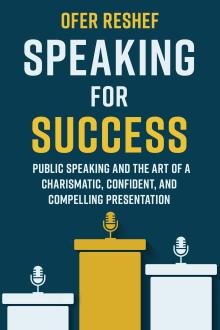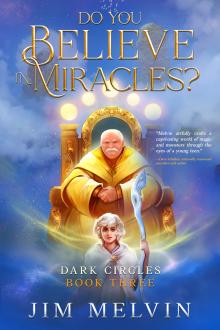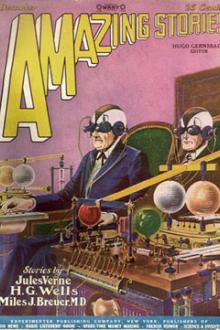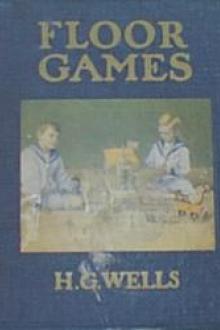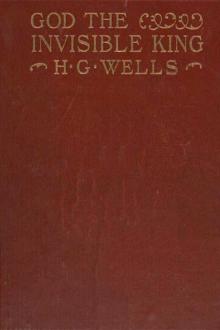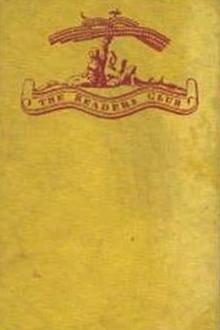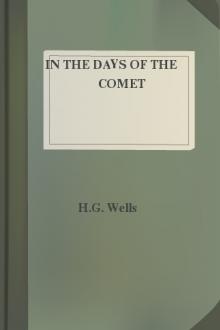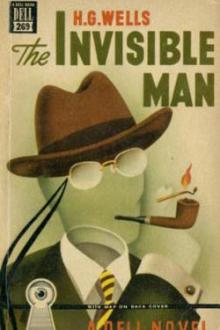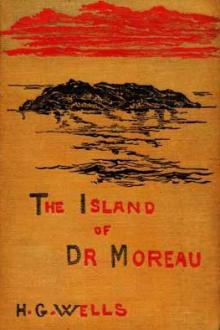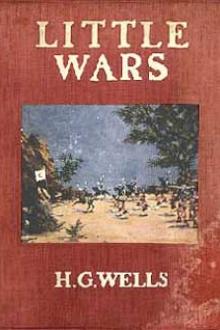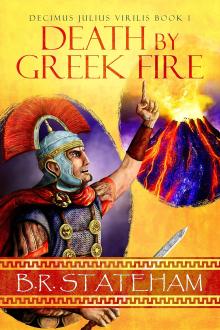The First Men in the Moon
The First Men in the Moon
The novel tells the story of a journey to the moon by the impecunious businessman Mr Bedford and the brilliant but eccentric scientist Dr Cavor. On arrival, Bedford and Cavor find the moon inhabited by a race of moon-folk the two call "Selenites." The novel can also be read as a critique of prevailing political opinions from the turn of the century, particularly of imperialism.
Book Excerpt
"So much pettiness," he explained; "so much intrigue! And really, when one has an idea--a novel, fertilising idea--I don't want to be uncharitable, but--"
I am a man who believes in impulses. I made what was perhaps a rash proposition. But you must remember, that I had been alone, play-writing in Lympne, for fourteen days, and my compunction for his ruined walk still hung about me. "Why not," said I, "make this your new habit? In the place of the one I spoilt? At least, until we can settle about the bungalow. What you want is to turn over your work in your mind. That you have always done during your afternoon walk. Unfortunately that's over--you can't get things back as they were. But why not come and talk about your work to me; use me as a sort of wall against which you may throw your thoughts and catch t
FREE EBOOKS AND DEALS
(view all)Popular books in Young Readers, Fiction and Literature, History, Science Fiction, Satire
Readers reviews
3.5
LoginSign up
Two men go to the Moon using an anti-gravitational substance called cavorite. Once there, they become prisoner of insectoid Selenites. The story vividly depicts their society. "The First Men in the Moon" was published in 1901 and became a success. Wells was accused of taking ideas from "The History of a Voyage to the Moon" (Chrysostom Trueman, 1864) and "A Plunge into Space" (Robert Cromie, 1890). Wells replied that his work was original: a fantasy with some social criticism. In spite of the cavorite (for which current Science has no theoretical basis), the story is not just "a fantasy". The Selenites are NOT similar to humans, and they are organised like social insects, NOT like any known human society. The effort of some Selenite specialists at learning the human language is realistic. Wells has deeply influenced Stapledon, Clarke, Niven, Vinge, Lewis, Herbert, Aldiss, Baxter, and others. There is an active "H. G. Wells Society". He cannot be read with a modern mindset, but inside a XIX century context.
- Upvote (0)
- Downvote (0)
(1901) Sci-fi (Space travel) / Adventure (Moon-life) / Satire (Light humor)
R: * * * *
Plot bullets
Mr. Bedford wants to recoup some financial losses by writing a play, in what he hoped would be a secluded location.
The physicist Mr. Cavor, disturbed that solitude.
Mr. Bedford sees new opportunities when he learns that Cavor has invented a substance called Cavorite, which can overcome gravity.
What choice is there, but for the two men to use in in a spaceship and go the the moon. Fame will suit one and riches the other.
They journey to the Moon. There are wonders to see, but the moon men give them some trouble.
There are advantages and disadvantages to being, 'The First Men In The Moon'.
R: * * * *
Plot bullets
Mr. Bedford wants to recoup some financial losses by writing a play, in what he hoped would be a secluded location.
The physicist Mr. Cavor, disturbed that solitude.
Mr. Bedford sees new opportunities when he learns that Cavor has invented a substance called Cavorite, which can overcome gravity.
What choice is there, but for the two men to use in in a spaceship and go the the moon. Fame will suit one and riches the other.
They journey to the Moon. There are wonders to see, but the moon men give them some trouble.
There are advantages and disadvantages to being, 'The First Men In The Moon'.
06/03/2014
I am not a fan of Wells, and this story did nothing to change my opinion. Years ago I'm sure this was an interesting read. Today it is boring and silly.
05/05/2014
This story has long earned itself its inclusion in the lists of classic fiction. Arguably the first really sensible and feasible science fiction novel. It is full of imagination and attention to detail. When reading this story, it is very easy to imagine yourself there with the two adventurers.
A really good and timeless story that has not dimmed with the ages. Even though man has since landed on the moon this story loses none of its mystery and intrigue.
Read it - you won't be wasting your time.
A really good and timeless story that has not dimmed with the ages. Even though man has since landed on the moon this story loses none of its mystery and intrigue.
Read it - you won't be wasting your time.
03/23/2011
Its an interesting book specially that thing that Mr. Cavor founds a substance which can oppose the force of Gravity.
One must read this book........
One must read this book........
11/03/2010
it is the good book one should read it.
02/17/2006
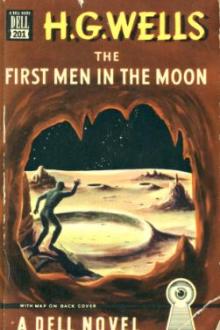
 Free Download
Free Download
